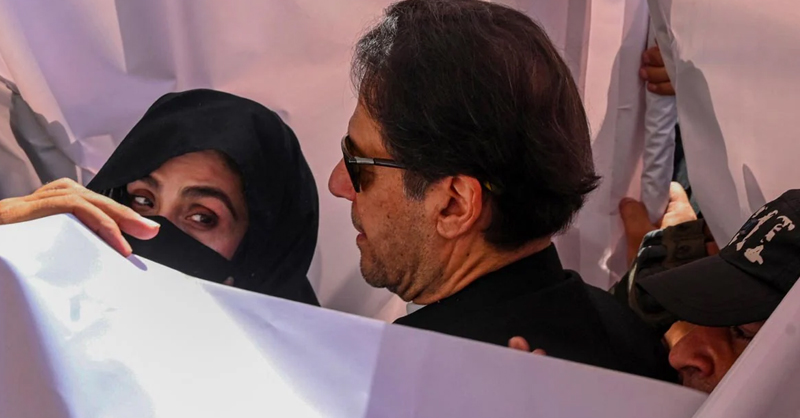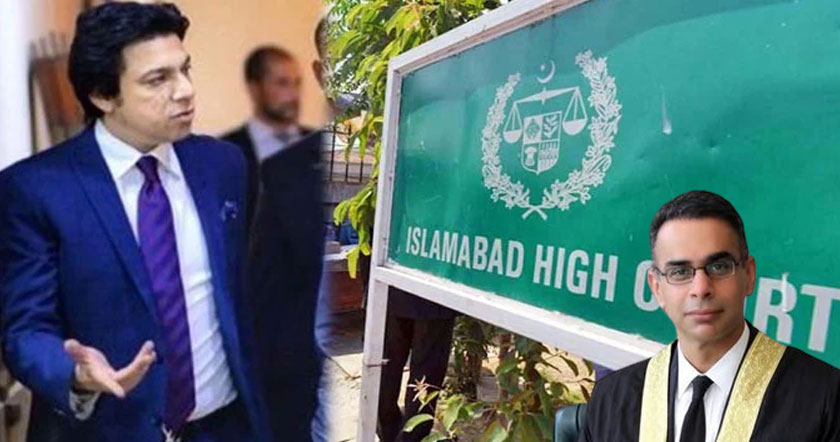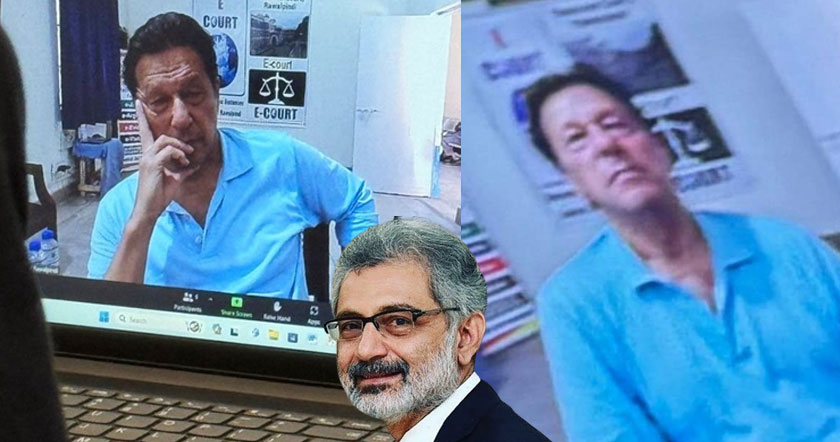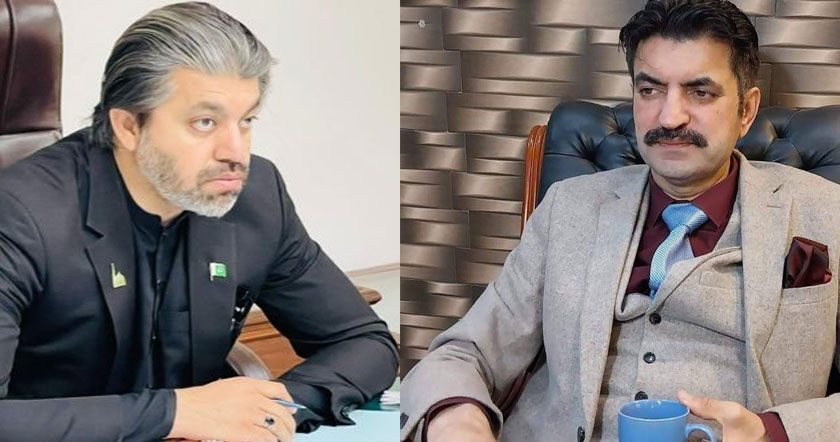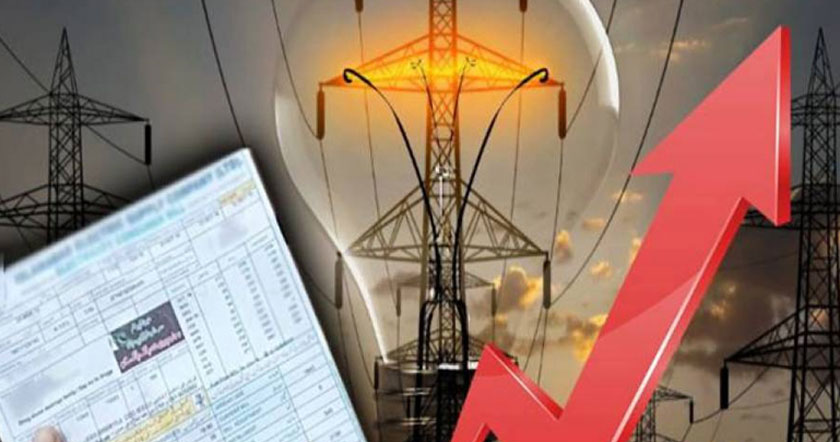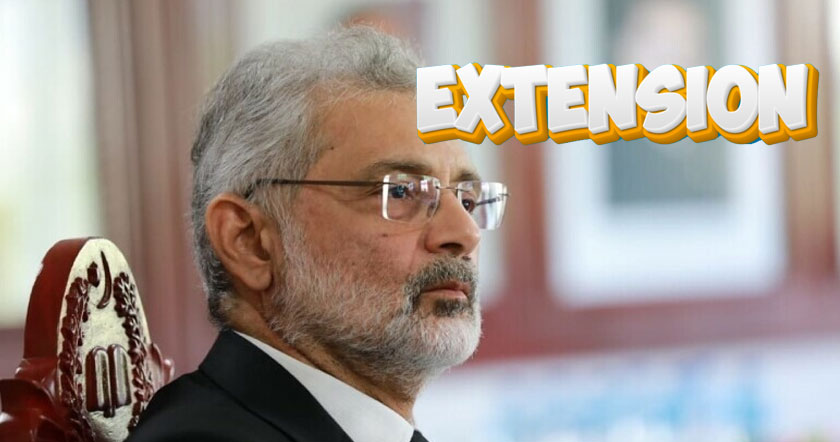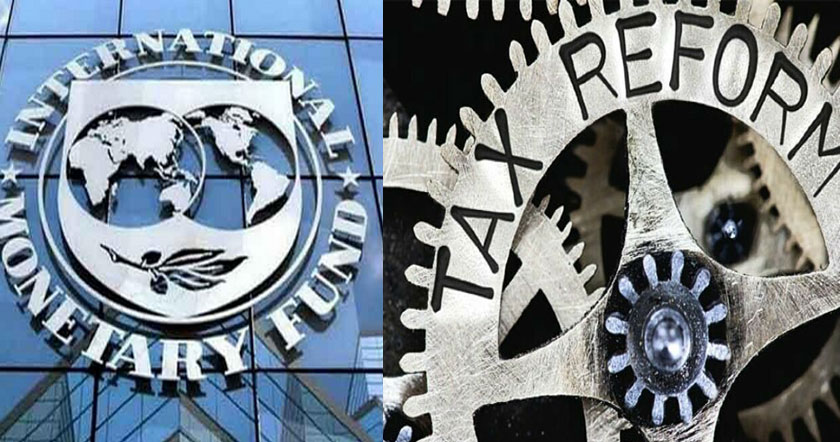If Pakistani elections were a genuine popularity contest, then you might assume the country's next leader will be Imran Khan, the philanthropist and former cricket star who has formed his own political party, "Pakistan Tehreek-e-Insaf" (PTI).
In a recent opinion poll conducted in Pakistan by the think-tank YouGov@Cambridge, respondents were asked to choose the person they considered best suited to lead Pakistan from a list of nineteen possible candidates.
As the figures show, Khan was the most popular by far:
61% of respondents ranked Khan as their first choice, with a total of 77% selecting him as either first or second preference.
By comparison, the next most popular candidate, former President Pervez Musharraf, was ranked first by only 12%, and either first or second by a total of 23%.
Below this, the Army Chief ,General Ashfaq Parvez Kayani, was ranked first or second by 13%, while Asif Ali Zardari, the current President of Pakistan and Co-Chairman of the country's largest party (the Pakistan People's Party/ PPP) was either first or second choice for a total of just 2%.
Khan finds the "outside edge"
This survey sample focused on urban rather than rural Pakistan, but Khan's lead in popularity is still simply striking.
The man is not without his critics in Pakistan, and a favourite jibe of Pakistan's political elite has long been that he's a celebrity outsider riding on little more than sporting status. [HI]But these critics miss the point: it is precisely Khan's status as an outsider to the various fiefdoms of national power that has helped to underwrite his popularity.
[/HI]
[HI]A word that other Pakistanis use repeatedly when they describe him to this writer is "clean" - a rare adjective in any discussion of the country's political class[/HI]. Khan duly founded the PTI on a manifesto that aspires to unravel the vested interests of every major hub and club in the Pakistani establishment, from the army and civil service to the industrial and agricultural elite.
[HI]Let us not get carried away, however, with opinion-polls and liberal wish-lists, before we remember the single largest obstacle in the way of budding young parties like the PTI: this is not a democracy; it's Pakistan.[/HI]
Pakistan's national caretaker: the Army
At times, the politics of this country read less like a national history and more like a lost script from the Godfather films. The national stage has been dominated since Independence in 1947 by two fundamentally undemocratic cliques: the Army and a small oligarchy of feudal and industrial landlords. The power of both groups arises to no small extent from the very circumstances of Pakistan's birth.
Propelled by the elegant rhetoric and downright stubbornness of its founding father, Muhammad Ali Jinnah, the country was established on a platform of two simple ideas: first of being Muslim and second of not being India. Beyond these platitudes, however, there was little consensus on a discourse of national identity to enfranchise a range of ethnic groups with arguably little in common beyond the sharing of artificial boundaries hastily drawn in Whitehall offices.
While India inherited various institutions of state directly from the British, Pakistan's new leaders had to build many structures of governance from a standing start. The precarious foundations of nationhood were further jeopardized when Ali Jinnah died just over a year later. The politicians who replaced him evidently lacked the same aptitude for leadership and consensus, as the country entered nearly a decade of uncertainty before establishing a constitution in 1956. When General Ayyub Khan took charge two years later and declared martial law, large sections of public opinion reacted with relief that order was being established - an atmosphere not unlike initial domestic reactions to Musharraf's bloodless coup some four decades later.
Thus the Army made early claim in the nation's history to a role it has successfully perpetuated ever since as the ultimate and benevolent caretaker of Pakistan, a country whose integrity has only remained intact against the backdrop of historically weak, political institutions precisely because of the army (or so it claims). The parallel plank in this narrative, of course, is the ever-present threat from India, equally entrenched in the national psyche via the race to seize Kashmir and the bloody population movements that immediately followed British partition, replete with estimates of a million in total dead from both sides.
The Barons of Pakistan
Meanwhile, the process of transition to independence left national wealth concentrated largely among a handful of families, whose position only grew stronger through alliances with undemocratic but business-friendly leaders and federal bureaucrats. Pakistani economist Mahbub ul-Haq famously remarked in the 1960s that 66% of the country's economy, 70% of insurance and 80% of bank assets were controlled by twenty families, which he later extended to twenty-two. A similar figure from the 1950s claimed that two hundred and twenty-two people commanded two thirds of the national credit facility.
Such a limited distribution of wealth has translated into an entrenched grip on the National Assembly. When electoral politics are not entirely substituted for direct military rule, they are dominated by a tiny class of land and business owners commanding an often inveterate devotion from economically dependent, local communities.
This elite has come to occupy a kind of feudal, baronial role as the dispensers of largesse and livelihoods to an indentured population, who provide an often reliable political base in return. It is not unusual for seats in the National Assembly to function like family heirlooms, with the younger generation commonly packed off for a Western education in preparation only for their return to inevitable political inheritance. In this way, dynastic bloodlines frequently provide greater assurance of political authority in Pakistan than genuine ideas and ability.
The triumph of patronage and lineage becomes self-reinforcing, as it propels ineffective and corrupt politicians to the forefront of national politics, thus enhancing the weakness and ineptness of state institutions, which in turn further strengthens the reliance of citizens on their local overlords to fill the gap in basic services, such as law, order and dispute resolution. (It is not uncommon for these estates to run their own private prisons with the acknowledgment and cooperation of local police authorities.)
Likely the boldest example of dynastic Pakistan in recent years came with the assassination of former Pakistani Prime Minister Benazir Bhutto, who bequeathed the leadership of her party, the PPP, to her husband, Asif Ali Zardari, through her will. He subsequently recalled their son, Bilawal Zardari Bhutto, from undergraduate studies at Oxford to share the position. In this way did a 20-year old university student assume chairmanship of Pakistan's largest political party.
The disconnect between political mobility and public opinion in these events is underscored by the same YouGov/Cambridge survey quoted above, [HI]in which not a single respondent ranked Bilawal as their first choice to lead Pakistan.[/HI] On the contrary, just 1% ranked him in their top three choices at all, with 97% leaving him unranked. [HI]It was telling of the same gap between official title and genuine role when Bilawal told this writer he was unable speak on behalf of the PPP or its policies, despite being its chairman.[/HI]
[HI]The army and the wealthy elite have therefore combined to impose lasting limits on political and social change in Pakistan. This also means that regardless of sky-high popularity ratings, independent candidates like Imran Khan face a mixture of cultural and systemic obstacles to winning seats in Parliament.[/HI]
The importance of tax and land reform
We would be mistaken, however, to discount Khan's potential influence on the national debate in the build-up to Pakistan's next election, as scheduled for 2013.
The "Lawyers' Movement" of street protests that grew in response to Musharraf's sacking of the country's Chief Justice, Iftikhar Muhammad Chaudhry, in 2007, has injected a lingering atmosphere of optimism among Pakistanis that systemic change is actually possible. The PTI might lack the parliamentary sway of established power-blocs like the Bhutto and Sharif families, or the bureaucratic muscle of Army chiefs. But as its chairman, Khan has projected a bold and simple argument for how to begin leading Pakistan out of its current crisis, which finds increasing traction in the popular atmosphere that now grows beyond the military and parliamentary confines of patronage-politics.
As Khan explained to this writer, there is little in Pakistan that can be changed until we wean the country off its addiction to two vices: corruption and tax-evasion. The national mountain of other challenges can only be met if these two hobgoblins are confronted first and foremost, whether it's separatism and religious intolerance or a debt-trapped economy and stagnation in public services.
[HI]YouGov/Cambridge survey results certainly support this emphasis, showing that Pakistani respondents ranked "eliminating corruption" a clear first out of eight possible options for what they thought the main priorities of the Pakistani government should be.[/HI]
Principal among his proposals to achieve this, Khan emphasises the need to continue strengthening the new post-Musharraf Judiciary, and to create some new kind of "Accountability Bureau", which is represented by figures of respected national status who are independent from the membership of party or army blocs. (Previous versions of this role have been appointed by the ruling party, making them little more than tools to victimise the opposition.)
Following Khan's thesis, a new campaign against corruption must go hand in glove with genuine efforts to build a legitimate tax system. In a population of some 180 million, fewer than 2% of Pakistanis pay income tax. Successive generations of the country's ruling elite have refused to subject major economic sectors to a workable, federal tax. With more than half of the population employed in agriculture alone, for instance, the benefits of such reforms are self-evident.
Serious efforts to reduce the wide disparity of income also imply some kind of land reform, which could involve proposals such as a limit on family holdings and the redistribution of excess land to the landless and small-holders, in return for some form of compensation.
The effects of tax evasion
The consequences of Pakistan's corruption-riddled tax system are at once serious, numerous and obvious - both for Pakistanis and the wider world:
-The yawning rich-poor gap is filled and exploited by extremists.
-Systemic poverty and lacking essential services swell the ranks of organised groups like the Haqqani network and other powerful non-state actors beyond the reach of Islamabad.
-Inadequate investment in education has boosted the growth of independent madrasses and Islamic seminaries that provide a petri-dish for new recruits to radical organisations like al Qaeda, Lashkar-e-Taiba and Jaish-e-Mohammed.
-Unequal federal dispensation has exacerbated long-standing grievances in regions like Baluchistan, where local resources are habitually exploited with little financial return or involvement in decision-making for local populations.
-The deficit in national income has been alleviated by a stream of financial aid that has stifled domestic development and consumption.
-The centrality of privilege and entitlement in the democratic process has served to hollow out Pakistan 's civil institutions and helped to justify continued intrusion into civilian life from the Army, leaving it with a de facto veto over much of foreign and security policy, as well as key domestic areas.
Khan and fellow travelers within Pakistan are now supported by a chorus of international voices, including U.S. Secretary of State Hilary Clinton, the European Union Foreign Policy Chief Baroness Catherine Ashton, and officials from the International Monetary Fund, who reiterate that reforms to expand the tax base will likely proceed meaningful change in most other areas of Pakistani life.
Saving Pakistan: horticulture not architecture
This is why, if Pakistan should ever escape the current darkness, it will happen more through the horticulture of organic change and less via the architecture of incentivised aid, trade and lending from Washington and the international community, which largely only perpetuates the status quo as it funnels through the channels of established fiefdoms.
Consequently, the importance of Imran Khan lies not simply in the detail of how many seats he'll win at the next election; it also lies in what he represents in the wake of the Lawyers' Movement, as the most recognisable figurehead for a new-found sense of Pakistani confidence about the power of social crowds to challenge an undemocratic status quo.
To this extent, as Khan himself notes, the Pakistani public square is not entirely immune to the (equally precarious) atmosphere of change emerging in other parts of the Islamic world.
(Fieldwork was undertaken May 4-5, 2011. The survey was carried out online and is broadly representative of the online population in Pakistan. Total sample size was 1,039 Pakistani residents.)
http://www.huffingtonpost.co.uk/joel-faulkner-rogers/can-imran-khan-save-pakistan_b_905587.html
In a recent opinion poll conducted in Pakistan by the think-tank YouGov@Cambridge, respondents were asked to choose the person they considered best suited to lead Pakistan from a list of nineteen possible candidates.
As the figures show, Khan was the most popular by far:
61% of respondents ranked Khan as their first choice, with a total of 77% selecting him as either first or second preference.
By comparison, the next most popular candidate, former President Pervez Musharraf, was ranked first by only 12%, and either first or second by a total of 23%.
Below this, the Army Chief ,General Ashfaq Parvez Kayani, was ranked first or second by 13%, while Asif Ali Zardari, the current President of Pakistan and Co-Chairman of the country's largest party (the Pakistan People's Party/ PPP) was either first or second choice for a total of just 2%.
Khan finds the "outside edge"
This survey sample focused on urban rather than rural Pakistan, but Khan's lead in popularity is still simply striking.
The man is not without his critics in Pakistan, and a favourite jibe of Pakistan's political elite has long been that he's a celebrity outsider riding on little more than sporting status. [HI]But these critics miss the point: it is precisely Khan's status as an outsider to the various fiefdoms of national power that has helped to underwrite his popularity.
[/HI]
[HI]A word that other Pakistanis use repeatedly when they describe him to this writer is "clean" - a rare adjective in any discussion of the country's political class[/HI]. Khan duly founded the PTI on a manifesto that aspires to unravel the vested interests of every major hub and club in the Pakistani establishment, from the army and civil service to the industrial and agricultural elite.
[HI]Let us not get carried away, however, with opinion-polls and liberal wish-lists, before we remember the single largest obstacle in the way of budding young parties like the PTI: this is not a democracy; it's Pakistan.[/HI]
Pakistan's national caretaker: the Army
At times, the politics of this country read less like a national history and more like a lost script from the Godfather films. The national stage has been dominated since Independence in 1947 by two fundamentally undemocratic cliques: the Army and a small oligarchy of feudal and industrial landlords. The power of both groups arises to no small extent from the very circumstances of Pakistan's birth.
Propelled by the elegant rhetoric and downright stubbornness of its founding father, Muhammad Ali Jinnah, the country was established on a platform of two simple ideas: first of being Muslim and second of not being India. Beyond these platitudes, however, there was little consensus on a discourse of national identity to enfranchise a range of ethnic groups with arguably little in common beyond the sharing of artificial boundaries hastily drawn in Whitehall offices.
While India inherited various institutions of state directly from the British, Pakistan's new leaders had to build many structures of governance from a standing start. The precarious foundations of nationhood were further jeopardized when Ali Jinnah died just over a year later. The politicians who replaced him evidently lacked the same aptitude for leadership and consensus, as the country entered nearly a decade of uncertainty before establishing a constitution in 1956. When General Ayyub Khan took charge two years later and declared martial law, large sections of public opinion reacted with relief that order was being established - an atmosphere not unlike initial domestic reactions to Musharraf's bloodless coup some four decades later.
Thus the Army made early claim in the nation's history to a role it has successfully perpetuated ever since as the ultimate and benevolent caretaker of Pakistan, a country whose integrity has only remained intact against the backdrop of historically weak, political institutions precisely because of the army (or so it claims). The parallel plank in this narrative, of course, is the ever-present threat from India, equally entrenched in the national psyche via the race to seize Kashmir and the bloody population movements that immediately followed British partition, replete with estimates of a million in total dead from both sides.
The Barons of Pakistan
Meanwhile, the process of transition to independence left national wealth concentrated largely among a handful of families, whose position only grew stronger through alliances with undemocratic but business-friendly leaders and federal bureaucrats. Pakistani economist Mahbub ul-Haq famously remarked in the 1960s that 66% of the country's economy, 70% of insurance and 80% of bank assets were controlled by twenty families, which he later extended to twenty-two. A similar figure from the 1950s claimed that two hundred and twenty-two people commanded two thirds of the national credit facility.
Such a limited distribution of wealth has translated into an entrenched grip on the National Assembly. When electoral politics are not entirely substituted for direct military rule, they are dominated by a tiny class of land and business owners commanding an often inveterate devotion from economically dependent, local communities.
This elite has come to occupy a kind of feudal, baronial role as the dispensers of largesse and livelihoods to an indentured population, who provide an often reliable political base in return. It is not unusual for seats in the National Assembly to function like family heirlooms, with the younger generation commonly packed off for a Western education in preparation only for their return to inevitable political inheritance. In this way, dynastic bloodlines frequently provide greater assurance of political authority in Pakistan than genuine ideas and ability.
The triumph of patronage and lineage becomes self-reinforcing, as it propels ineffective and corrupt politicians to the forefront of national politics, thus enhancing the weakness and ineptness of state institutions, which in turn further strengthens the reliance of citizens on their local overlords to fill the gap in basic services, such as law, order and dispute resolution. (It is not uncommon for these estates to run their own private prisons with the acknowledgment and cooperation of local police authorities.)
Likely the boldest example of dynastic Pakistan in recent years came with the assassination of former Pakistani Prime Minister Benazir Bhutto, who bequeathed the leadership of her party, the PPP, to her husband, Asif Ali Zardari, through her will. He subsequently recalled their son, Bilawal Zardari Bhutto, from undergraduate studies at Oxford to share the position. In this way did a 20-year old university student assume chairmanship of Pakistan's largest political party.
The disconnect between political mobility and public opinion in these events is underscored by the same YouGov/Cambridge survey quoted above, [HI]in which not a single respondent ranked Bilawal as their first choice to lead Pakistan.[/HI] On the contrary, just 1% ranked him in their top three choices at all, with 97% leaving him unranked. [HI]It was telling of the same gap between official title and genuine role when Bilawal told this writer he was unable speak on behalf of the PPP or its policies, despite being its chairman.[/HI]
[HI]The army and the wealthy elite have therefore combined to impose lasting limits on political and social change in Pakistan. This also means that regardless of sky-high popularity ratings, independent candidates like Imran Khan face a mixture of cultural and systemic obstacles to winning seats in Parliament.[/HI]
The importance of tax and land reform
We would be mistaken, however, to discount Khan's potential influence on the national debate in the build-up to Pakistan's next election, as scheduled for 2013.
The "Lawyers' Movement" of street protests that grew in response to Musharraf's sacking of the country's Chief Justice, Iftikhar Muhammad Chaudhry, in 2007, has injected a lingering atmosphere of optimism among Pakistanis that systemic change is actually possible. The PTI might lack the parliamentary sway of established power-blocs like the Bhutto and Sharif families, or the bureaucratic muscle of Army chiefs. But as its chairman, Khan has projected a bold and simple argument for how to begin leading Pakistan out of its current crisis, which finds increasing traction in the popular atmosphere that now grows beyond the military and parliamentary confines of patronage-politics.
As Khan explained to this writer, there is little in Pakistan that can be changed until we wean the country off its addiction to two vices: corruption and tax-evasion. The national mountain of other challenges can only be met if these two hobgoblins are confronted first and foremost, whether it's separatism and religious intolerance or a debt-trapped economy and stagnation in public services.
[HI]YouGov/Cambridge survey results certainly support this emphasis, showing that Pakistani respondents ranked "eliminating corruption" a clear first out of eight possible options for what they thought the main priorities of the Pakistani government should be.[/HI]
Principal among his proposals to achieve this, Khan emphasises the need to continue strengthening the new post-Musharraf Judiciary, and to create some new kind of "Accountability Bureau", which is represented by figures of respected national status who are independent from the membership of party or army blocs. (Previous versions of this role have been appointed by the ruling party, making them little more than tools to victimise the opposition.)
Following Khan's thesis, a new campaign against corruption must go hand in glove with genuine efforts to build a legitimate tax system. In a population of some 180 million, fewer than 2% of Pakistanis pay income tax. Successive generations of the country's ruling elite have refused to subject major economic sectors to a workable, federal tax. With more than half of the population employed in agriculture alone, for instance, the benefits of such reforms are self-evident.
Serious efforts to reduce the wide disparity of income also imply some kind of land reform, which could involve proposals such as a limit on family holdings and the redistribution of excess land to the landless and small-holders, in return for some form of compensation.
The effects of tax evasion
The consequences of Pakistan's corruption-riddled tax system are at once serious, numerous and obvious - both for Pakistanis and the wider world:
-The yawning rich-poor gap is filled and exploited by extremists.
-Systemic poverty and lacking essential services swell the ranks of organised groups like the Haqqani network and other powerful non-state actors beyond the reach of Islamabad.
-Inadequate investment in education has boosted the growth of independent madrasses and Islamic seminaries that provide a petri-dish for new recruits to radical organisations like al Qaeda, Lashkar-e-Taiba and Jaish-e-Mohammed.
-Unequal federal dispensation has exacerbated long-standing grievances in regions like Baluchistan, where local resources are habitually exploited with little financial return or involvement in decision-making for local populations.
-The deficit in national income has been alleviated by a stream of financial aid that has stifled domestic development and consumption.
-The centrality of privilege and entitlement in the democratic process has served to hollow out Pakistan 's civil institutions and helped to justify continued intrusion into civilian life from the Army, leaving it with a de facto veto over much of foreign and security policy, as well as key domestic areas.
Khan and fellow travelers within Pakistan are now supported by a chorus of international voices, including U.S. Secretary of State Hilary Clinton, the European Union Foreign Policy Chief Baroness Catherine Ashton, and officials from the International Monetary Fund, who reiterate that reforms to expand the tax base will likely proceed meaningful change in most other areas of Pakistani life.
Saving Pakistan: horticulture not architecture
This is why, if Pakistan should ever escape the current darkness, it will happen more through the horticulture of organic change and less via the architecture of incentivised aid, trade and lending from Washington and the international community, which largely only perpetuates the status quo as it funnels through the channels of established fiefdoms.
Consequently, the importance of Imran Khan lies not simply in the detail of how many seats he'll win at the next election; it also lies in what he represents in the wake of the Lawyers' Movement, as the most recognisable figurehead for a new-found sense of Pakistani confidence about the power of social crowds to challenge an undemocratic status quo.
To this extent, as Khan himself notes, the Pakistani public square is not entirely immune to the (equally precarious) atmosphere of change emerging in other parts of the Islamic world.
(Fieldwork was undertaken May 4-5, 2011. The survey was carried out online and is broadly representative of the online population in Pakistan. Total sample size was 1,039 Pakistani residents.)
http://www.huffingtonpost.co.uk/joel-faulkner-rogers/can-imran-khan-save-pakistan_b_905587.html






















